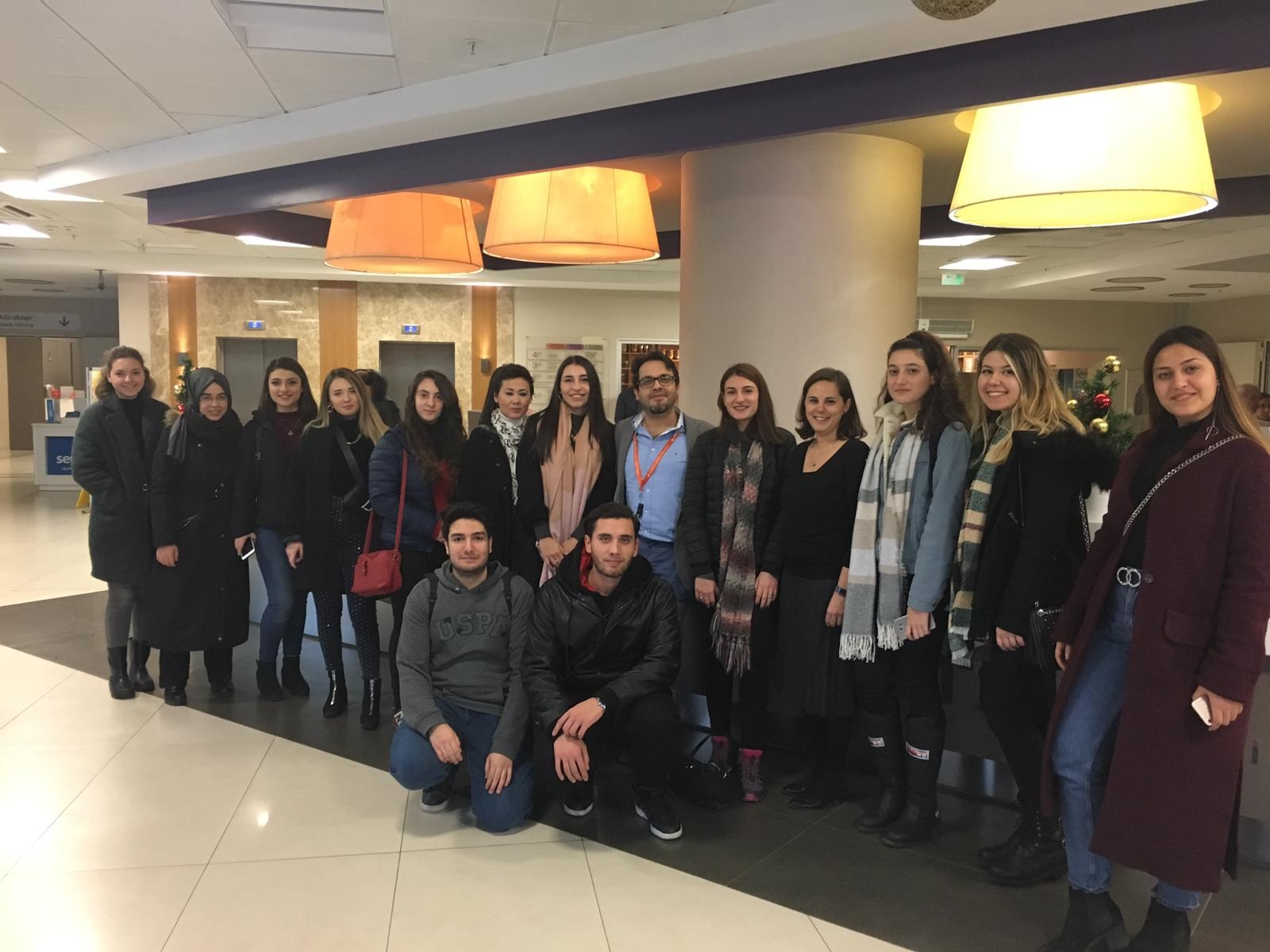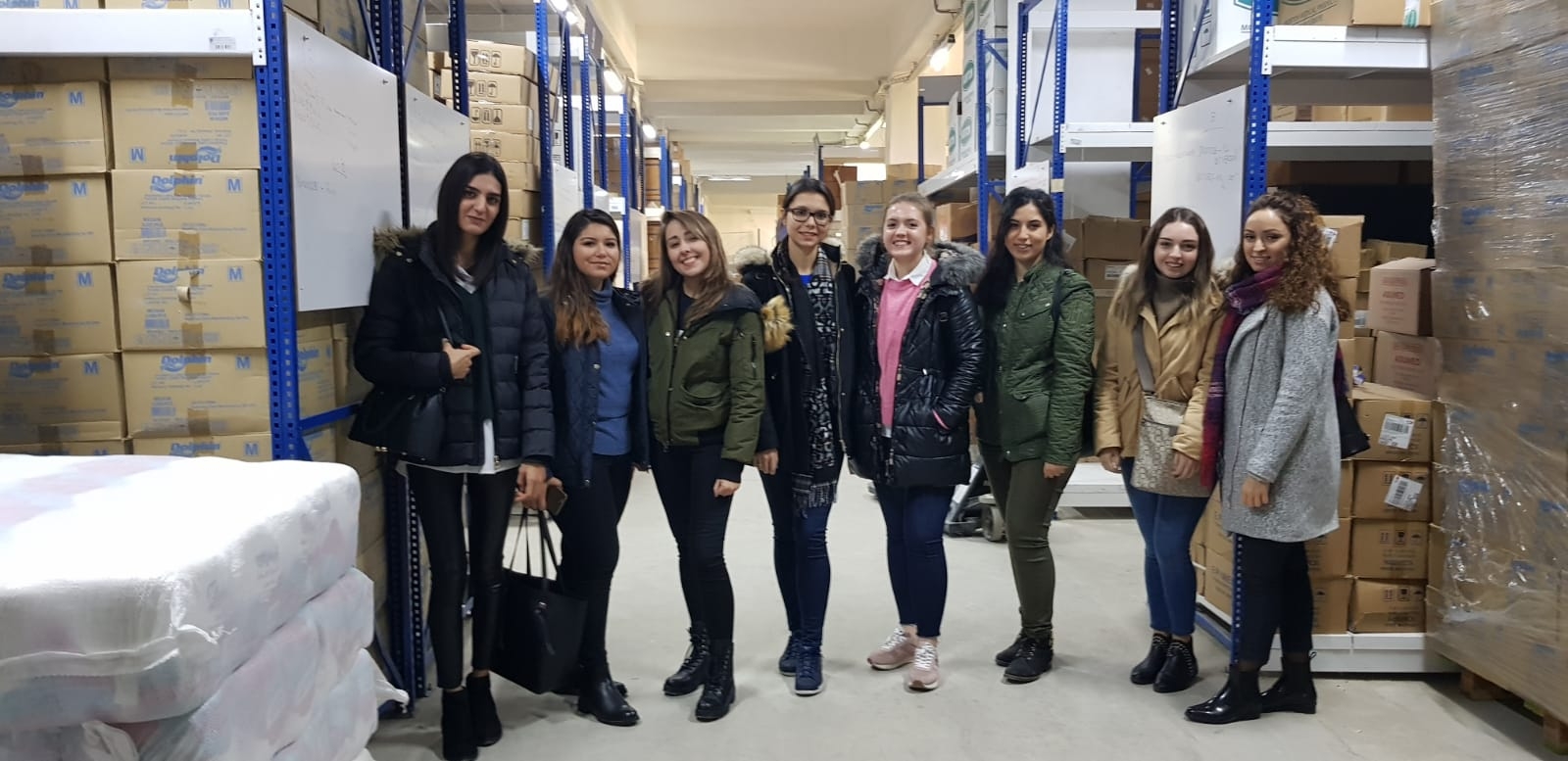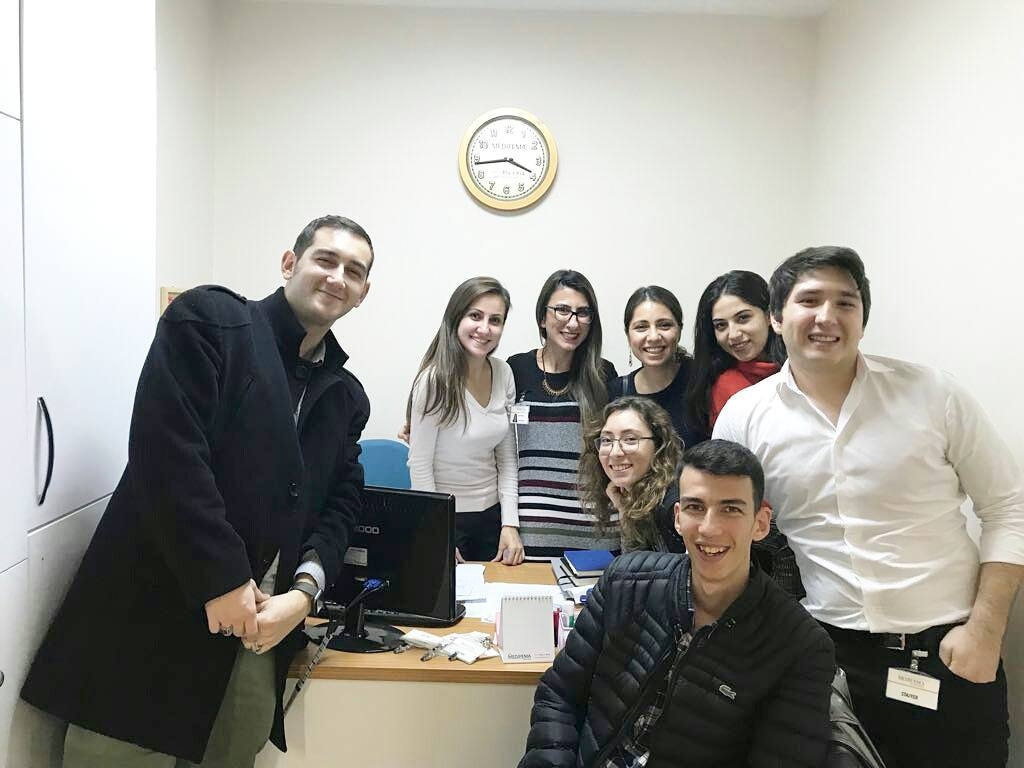
HEALTH MANAGEMENT STUDENTS SUCCESSFULLY COMPLETED THE SEMESTER
Senior students of the Department of Health Management experienced their work environment at Medifema Hospital three days a week, within ...

PRIVATE KENT HOSPITAL VISIT
...

FIELD TRIP WITH HEALTH MANAGEMENT STUDENTS
...

HEALTH MANAGEMENT STUDENTS IN PRIVATE MEDIFEMA HOSPITAL
...




